I’m Just As Smart As STEM
Intelligence shouldn’t be defined by idealism
created in Canva by Lizzie Kayser
“Dumb”, “worthless” and “boring” are just some of the many words people use to put themselves down. Feelings of inadequacy often contribute to negative self-talk.
February 12, 2020
A quintessential part of being a kid was deciding what you were going to be when you grew up. We changed our minds quicker than our “I Can Be” Barbies switched careers, going from firefighter to pop star to President of the United States in a matter of days. However, we weren’t allowed to dream for long before hearing what other people thought.
In elementary school, I began to realize that there was a serious dichotomy between what I was good at and what I was supposed to do. I was surrounded by the concept of STEM – science, technology, engineering, and math – and encouraged to pursue a career in it. Anything I wanted to do which deviated from something STEM-oriented and money-making were met with a “you’re too smart for that.”
I tried to be smart. I joined the math club, tried computer programming and aimed for a blue ribbon at the science fair, but everything I did fell short. Once I got to high school and a C was the best test grade I could get in chemistry, I concluded that I probably just was stupid. If I couldn’t succeed in what was always presented as the distinguished option, what worth did I have?
We live in a generation where competition is everything, where we determine our value based on an ACT score or the number of AP classes we take. “Trying your best” won’t ever be the best unless your best equals perfection. This creates an extreme sense of inadequacy when, naturally, we can’t meet those expectations. Our vision of ourselves is so diluted that we live achievement to achievement, constantly trying to reach fulfillment without ever truly finding it. Thus, our progression is haltered by toxicity.
When we only visualize one image of success, we ignore the solid work ethic that emerges from other fields. Does groundbreaking work discredit the risks journalists take when reporting on the front lines? Am I not enough if I find inspiration from an actress rather than a scientist?
There is no true way to define intelligence, no matter how hard we may try. Giving good advice to a friend can hold just as much wisdom as a 4.0+ GPA. A person who goes to community college can have just as powerful of an impact as an Ivy Leaguer. In a subjective world, we shouldn’t measure prosperity by objective standards.
I’ve come to terms with the fact that I’m not a genius, and I never will be. I will never be a rocket scientist and I won’t design a life-changing invention. In no way does that mean I am dumb.
As I face my future, I’m making a point to stop dwelling on what I can’t do and focus on what I can. We need to realize that one step back isn’t more powerful than our other steps forward, that somebody else’s accomplishments don’t diminish our own. I need more help than everyone else in my statistics class, sure, but I also learned how to sight-read music in less than a year. I didn’t understand half of the questions on the ACT, but I really understood the rhetoric of the last speech we read in English. I’m going to try to be proud of my talents, though they may not be as grand as those of my peers. Even if it’s not for the reasons you planned, even if they’re smaller than you believed they would be, it’s okay to be proud of yourself.
I’m done with sculpting my self-worth around other people’s perceptions of what I should be. If I could travel back in time, I would tell my childhood self to accept her failures rather than beating herself up. Messing up doesn’t mean you’re not enough- it means you’re human. Sometimes, the best we can do is learn from our weaknesses and move forward. To me, that’s the only way we can define the undefinable.


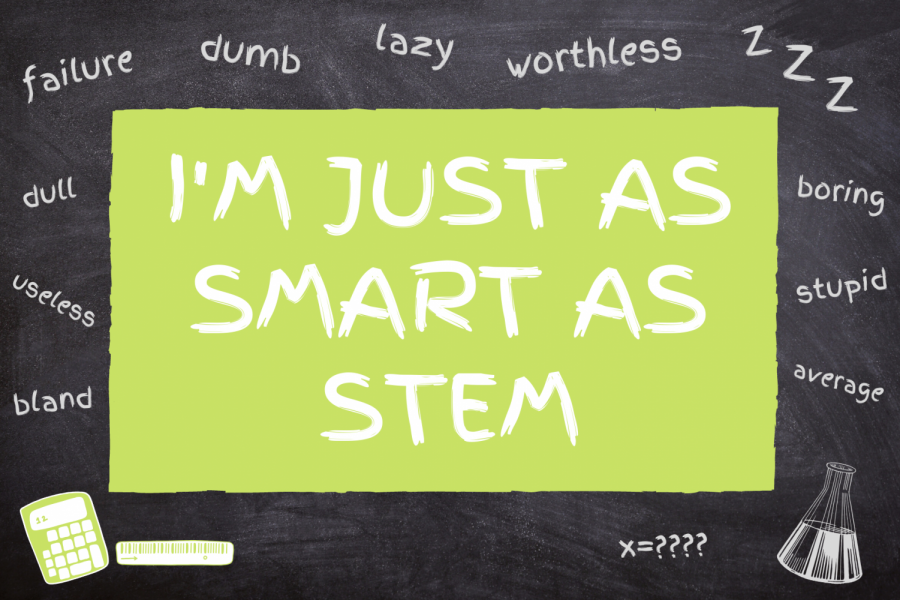



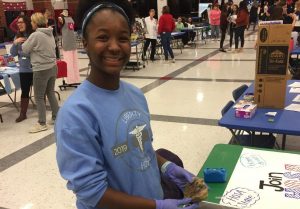


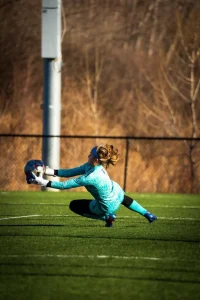
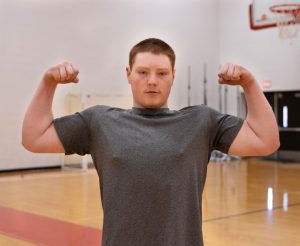
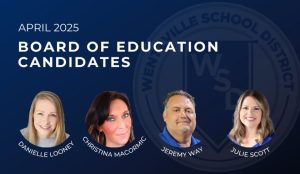

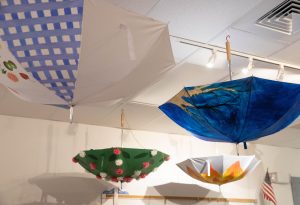
Mr. Schaper | Feb 20, 2020 at 1:54 pm
“We need to realize that one step back isn’t more powerful than our other steps forward, that somebody else’s accomplishments don’t diminish our own.”
Preach! What a great realization. Well said!